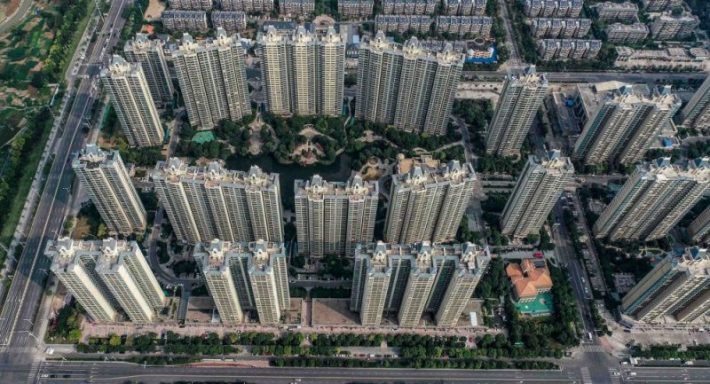China’s property investment bounced slightly over the first two months of 2022 after a fall in December, official data showed on Tuesday, helped by the easing of property curbs to relieve a liquidity crisis faced by developers and stoke buying interest.
Property investment rose 3.7% from a year earlier to 1.4499 trillion yuan ($227.19 billion) in the first two months of 2022, following a 13.9% slump in December, and bigger than the 1.3986 trillion yuan for the same period in 2021.
China’s property market chilled last year as Beijing’s deleveraging campaign triggered a liquidity crisis in some major property developers, leading to bond defaults, a plunge in share prices and projects being shelved or left unfinished.
Authorities have put in place a string of measures to boost sales and ease the liquidity crunch of developers, as policymakers worried about a broader financial crisis. Steps such as allowing smaller down-payments and lowering mortgage rates have been implemented.
Overall demand, however, remains weak with property sales by floor area down 9.6% year-on-year in the first two months of the year, versus the 15.64% decline seen in December, according to data from the National Bureau of Statistics (NBS).
Property Development
The data showed new construction starts measured by floor area fell 12.2% in January-February from a year earlier, after a 31.5% plunge in December.
“Current figures indicate a weak willingness to invest in property development,” said Yan Yuejin, research director of Shanghai-based E-house China Research and Development Institution.
Yan expected authorities to rollout measures to encourage real estate firms to actively purchase land in March and the coming months.
Funds raised by China’s property developers slumped 17.7% year-on-year in the January-February period, compared with the 19.29% fall in December.
The NBS groups the first two months of each year together to compensate for distortions caused by the Lunar New Year holidays.
At the annual meeting of parliament earlier in March, Premier Li Keqiang said cities can implement their own property policies based on local conditions.
“More local level relaxation is likely on the pipeline, and the overall financing conditions for the property sector should see improvement in the months ahead,” HSBC analysts said in a note before the release of Tuesday’s data.
- Reuters with additional editing by Jim Pollard
ALSO READ:
























